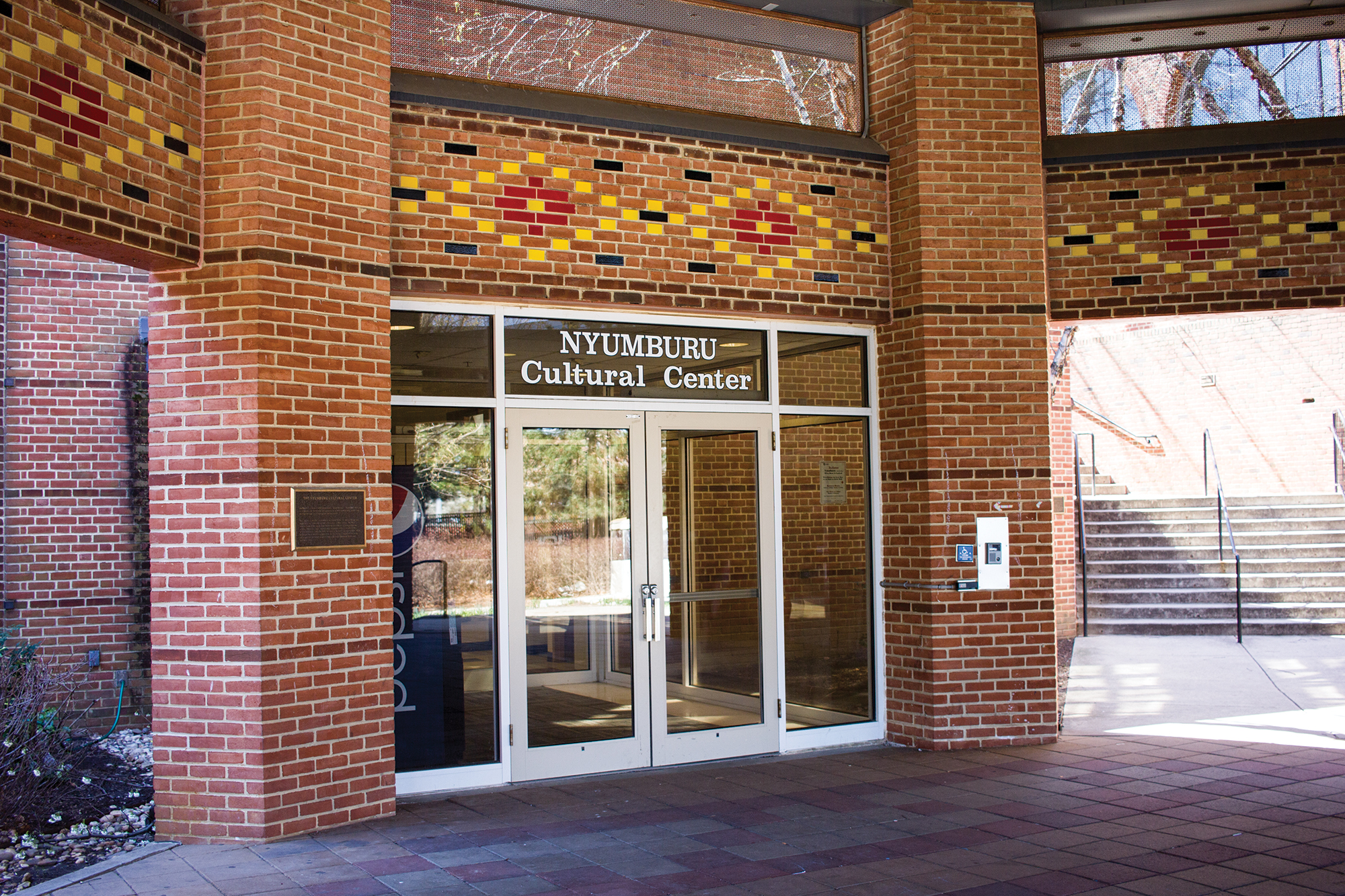The University of Maryland’s Graduate Student Government is ramping up efforts to facilitate civic engagement among its graduate students this semester.
The organization hosted an annual lobbying event Friday allowing students to either participate online or in person at the Nyumburu Cultural Center. In both cases, GSG provided lobbying resources including Google Drive access to text of state bills, an analysis of the bills and email templates to modify and send to people’s respective representatives.
“Today is about coalescing the graduate student voice behind political issues and policy issues that impact our student body and graduate students across the state,” said Caden Fabbi, the GSG chief of staff. The event “is trying to get our student population to be vocal about our needs and beliefs and the direction that our state and nation should be taking.”
[READ MORE: SGA representatives testify in Annapolis in favor of intern tax credit bill]
With the General Assembly in session until April, the focus of the event was on 10 state bills that have the potential to impact graduate students. The bills address topics such as collective bargaining for student employees, intern tax credit, sanctuary campus status for Maryland schools, student access to emergency contraception and the high cost of textbooks.
About 50 people participated in the event overall, Fabbi said.
Fabbi has passed the lobbying resources to every other school in the University System of Maryland so graduate students across the state can partake in the lobbying efforts GSG promotes.
“The good thing too is that these resources that we have aren’t going away … lobbying doesn’t just stop today,” he said. “It’s going to continue I think until the end of the legislative session in the state, and for as long as people care about federal issues.”
Friday’s event was one of three events last week targeted at helping graduate students advocate for their rights. GSG hosted an affordable housing town hall Thursday, where it discussed the lack of affordable housing options for graduate students in the College Park area. There was also a teach-in event Saturday including Student Labor Action Project and the Fearless Student Employees Coalition, which focused on helping graduate students learn more about collective bargaining. GSG is currently trying to advocate for collective bargaining rights for both undergraduate and graduate students on the campus at the state level.
Caroline Figgatt, a graduate student working on her doctorate in physics who came to Friday’s event, said the email templates and bill texts and analyses are what made the event successful.
“There have been lots of resources provided to us to help call our [legislators],” she said. “It’s nice having it all in one place that’s easy to access with the email templates and the actual bill text — which was a lot more readable than I expected.”
State Sen. Jim Rosapepe and state Reps. Ben Barnes, Barbara Frush and Joseline Pena-Melnyk represent College Park and Prince George’s County in the General Assembly.
Fabbi said although the group tailored Lobby Day toward graduate students, many of these issues affect undergraduates as well, making lobbying a type of political activism that everyone can get behind.
“I think [lobbying is] super important just because there’s this stereotype that students don’t really participate in their government,” said Leah Barteldes, a sophomore government and politics major. “Actually reaching out to your officials is important so that they know what we care about and what they should be voting on, because it goes back to the idea that they work for us.”
Lobbying is important to give all students a voice so they can stand up for what they believe in, Barteldes said. As an undergraduate, she added that students can go to their representatives’ town halls to talk face-to-face with them. And on campus, groups such as J-Street and OurRevolution have organized events similar to lobby day, so students can also get involved with organizations that promote civic engagement, she said.
“Just keeping an ear out for all the resources, whether it be political or cultural or more of a social group,” she said. “… It’s about just finding what you’re passionate about and seeing what [people are currently] doing. If they’re not doing something, maybe organize it yourself.”



